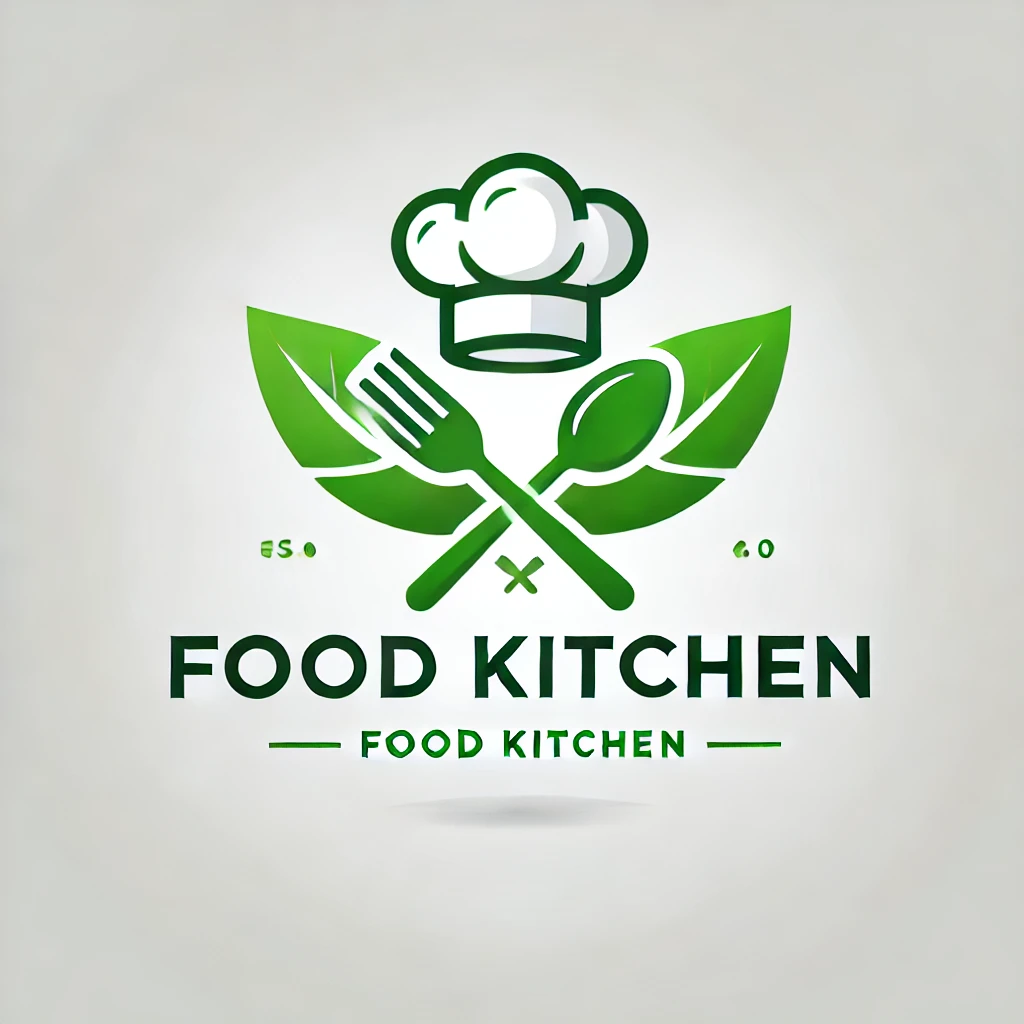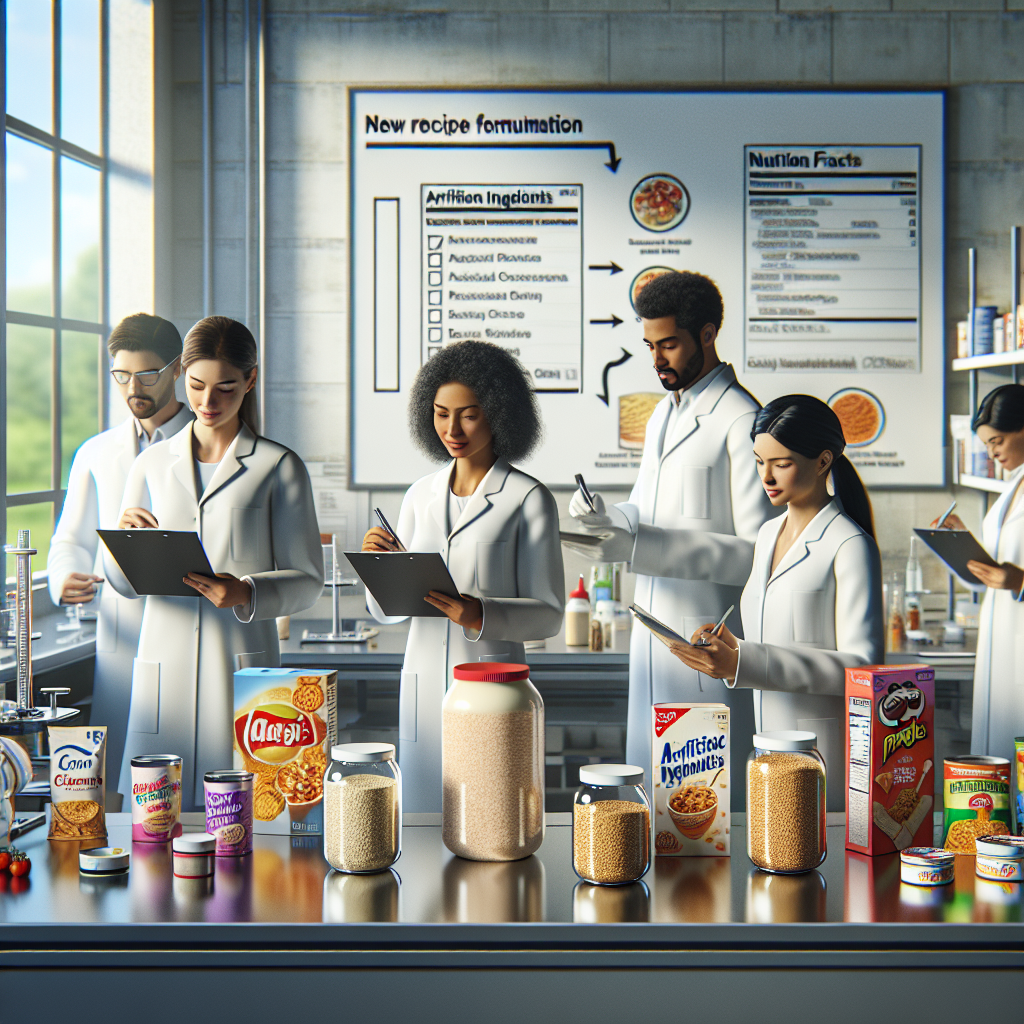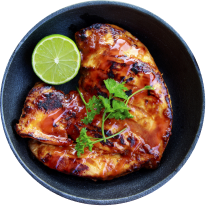Food Companies Reformulate Recipes Amid Pressure from Robert F. Kennedy Jr. and Consumer Health Concerns
Introduction: A Turning Point in Processed Food Industry
In a significant shift driven by growing consumer awareness and political pressure, several major food companies are revisiting and altering their product recipes. Recent public statements by presidential candidate Robert F. Kennedy Jr. have brought fresh scrutiny to the ingredients used in many popular processed foods across the United States. Kennedy’s criticisms have pushed health concerns to the forefront, prompting food manufacturers to take a closer look at ingredients that are banned or limited in countries outside the U.S.
RFK Jr.’s Advocacy: A Catalyst for Industry Reform
Robert F. Kennedy Jr., running as an independent in the 2024 presidential election, has been outspoken about issues concerning health and nutrition. He recently voiced strong concerns on the campaign trail about artificial additives, dyes, and preservatives still found in American processed foods—many of which are already banned in Europe and other regions.
Kennedy argues that U.S. food companies create “double standards,” manufacturing cleaner versions of their products for international markets while continuing to sell additive-heavy versions to domestic consumers. His calls for reform have reignited debates about food safety standards, transparency, and corporate responsibility.
Why Food Additives Are Under Fire
Common Additives With Global Restrictions
Numerous additives frequently used in U.S. processed foods—like Red Dye 40, brominated vegetable oil (BVO), and titanium dioxide—have been linked to a range of potential health issues, including behavioral problems in children, allergies, and even cancer in animal studies. While correlation does not always imply causation, many scientific bodies outside the U.S. have taken a precautionary approach by banning or limiting these substances.
Consumer Trust and Brand Loyalty
Consumers are increasingly reading labels and demanding transparency. Food choice is no longer just about taste or cost—it’s about health, ethics, and trust. Kennedy’s message has resonated with many parents and health advocates who are calling for reforms in the American food system, which they believe is lagging behind international standards.
Food Companies Respond: Reformulations in Progress
General Mills Takes Initiative
In response to mounting pressure, food giant General Mills has announced plans to eliminate controversial artificial ingredients from many of their popular products, including cereals marketed to children. The company has cited a growing consumer preference for “clean label” products—those free of synthetic chemicals and additives—as a major influence behind their decision.
Kellogg and Mondelez Make Commitments
Kellogg has pledged to phase out artificial colors and flavors in their cereals by the end of 2025, aligning their U.S. product line more closely with what they already sell in Europe. Similarly, Mondelez International is reviewing its formulations and has started introducing products with cleaner ingredients under its Nabisco and other brands.
Fast-Food Chains Join the Movement
It’s not just packaged food companies making changes. Fast-food chains like McDonald’s and Burger King are reassessing their ingredient lists as well—particularly their use of preservatives and artificial coloring. Some outlets have already rolled out limited-time menus featuring items with simplified, more natural ingredient lists.
The Role of Regulation: Are Changes Voluntary or Imminent?
FDA’s Current Stance
The U.S. Food and Drug Administration (FDA) has come under criticism for its slower pace in regulating food additives compared to entities like the European Food Safety Authority (EFSA). While the FDA maintains a Generally Recognized As Safe (GRAS) list for food additives, critics argue that it relies too much on industry-provided research.
New Legislation on the Horizon?
Kennedy’s rhetoric has not only sparked corporate changes but also increased calls for legislative reform. Several states, including California and New York, are considering or have introduced bills that would ban certain additives from food products sold within their jurisdictions. These moves could force companies to adopt nationwide changes for efficiency and compliance.
Consumer Awareness: The Driving Force Behind Change
Rising Health-Conscious Trends
As more consumers demand transparency and healthier options, natural and organic foods are gaining market share. The “clean label” trend has become more than a niche—it’s a movement supported by data and meaningful engagement from the public through social media and advocacy platforms.
Impact of Social Media and Influencers
TikTok, Instagram, and YouTube influencers are playing a major role in spreading awareness. Viral videos exposing “what’s really in your food” garner millions of views, prompting consumers to think twice before purchasing additive-laden products.
Kennedy himself has smartly leveraged social media to amplify his message, appealing to broad demographics concerned with wellness, nutrition, and child development.
Global Comparisons: Why U.S. Food Lags Behind
International Standards and Contrast
In Europe, food companies are compelled to follow strict regulations that focus heavily on food safety and consumer protection. The European Union bans or limits over 1,000 substances found in cosmetics and many of the same apply to food. Meanwhile, the FDA bans only a fraction of those.
This regulatory discrepancy has led U.S. consumers to question why products differ in composition depending on location and believe that all consumers, regardless of geography, deserve clean and safe food.
The Economic Angle
Some critics of reform argue that making food cleaner will make it more expensive. However, long-term health benefits and reduced medical costs associated with dietary-related diseases could offset any short-term price increases.
Conclusion: A New Era in Food Manufacturing?
The pressure on food companies to modify their recipes—sparked by figures like Robert F. Kennedy Jr. and supported by a massive shift in public sentiment—signals a potential turning point in the U.S. food industry. With growing awareness around the dangers of artificial additives, the momentum for cleaner, safer, and more transparent food is likely to continue.
Consumers are no longer passive players—they’re activists with their wallets, and their collective voice is influencing some of the biggest corporations in the world.
As more food companies opt for healthier, globally-aligned formulations, the future of food in America may finally sync up with its health-conscious international peers—bringing the promise of better living, longer lives, and a more trustworthy food system to millions.
SEO Keywords:
- Robert F. Kennedy Jr. food reform
- food companies changing recipes
- clean label food trend
- artificial additives in U.S. food
- healthier processed foods
- food safety regulations USA vs. Europe
- Kellogg and General Mills ingredient changes
- RFK Jr. health campaign 2024













